Liverpool food sector updates from January 2023 with figures.


Liverpool food sector updates from January 2023 with figures.
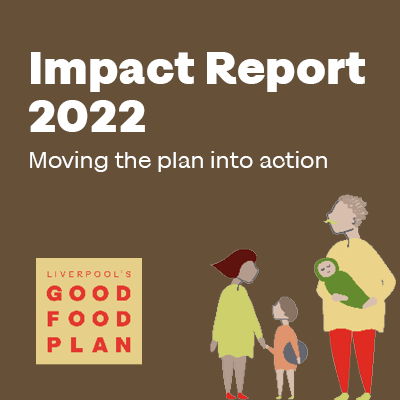
This is the Good Food Our Food impact report from 2022 and presents the year's highlights.
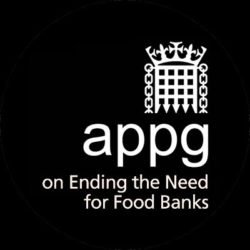
Finds from Feeding Liverpool's three submissions to the All-Party Parliamentary Group inquiry into ending the need for foodbanks.
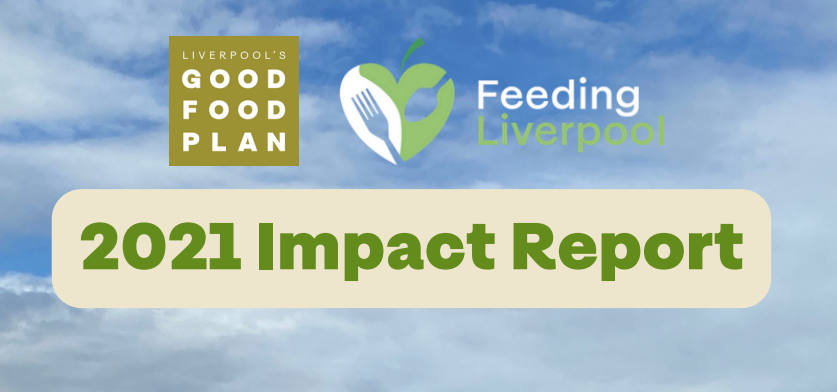
Feeding Liverpool's Impact Report from 2021, highlighting the key activities.

Feeding Liverpool's report on issues around food insecurity.

Voices of those who have experienced food insecurity.
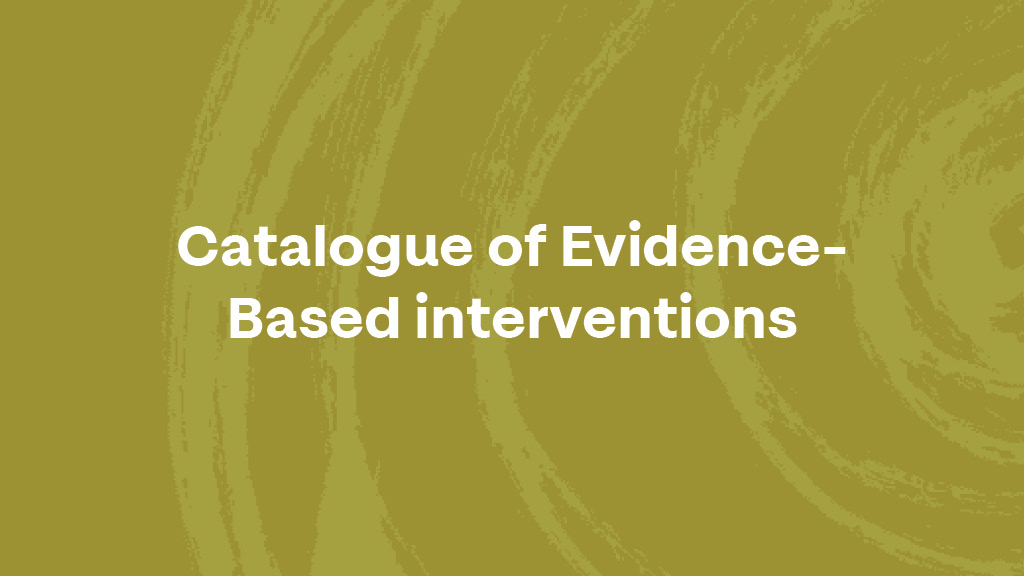
Evidence for the efficacy and value of interventions to improve local food access, identify key actions metrics for accountability and benchmarking.
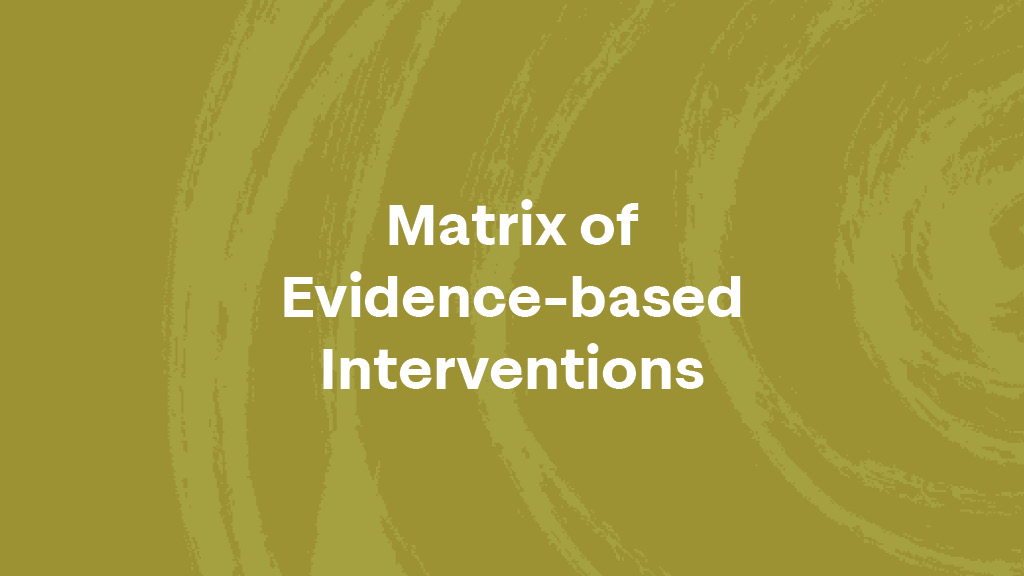
Major food initiatives and actions, the groups of people served by these initiatives, and the organisations that have a role to play in the delivery of these actions.
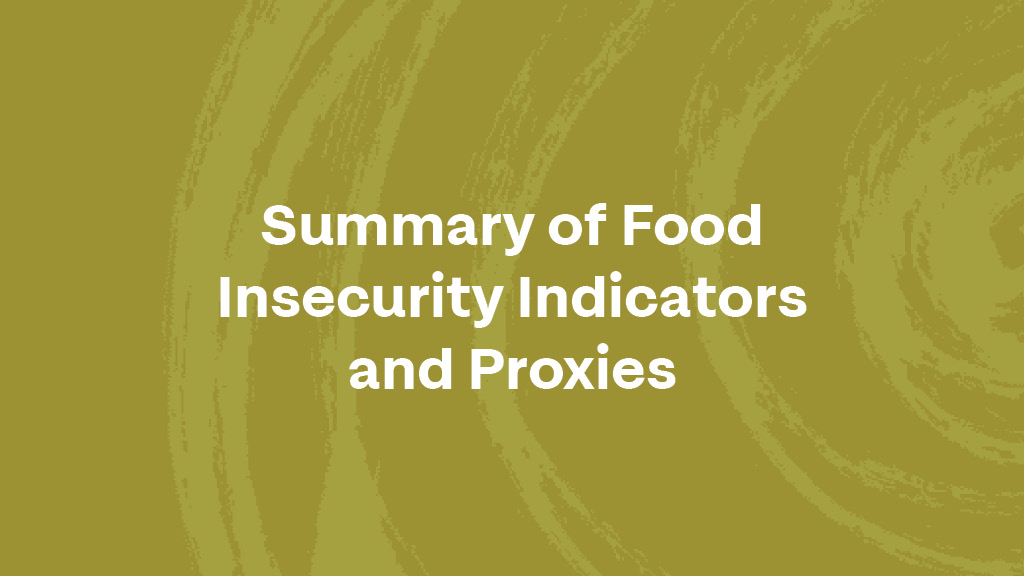
Food insecurity indicators.